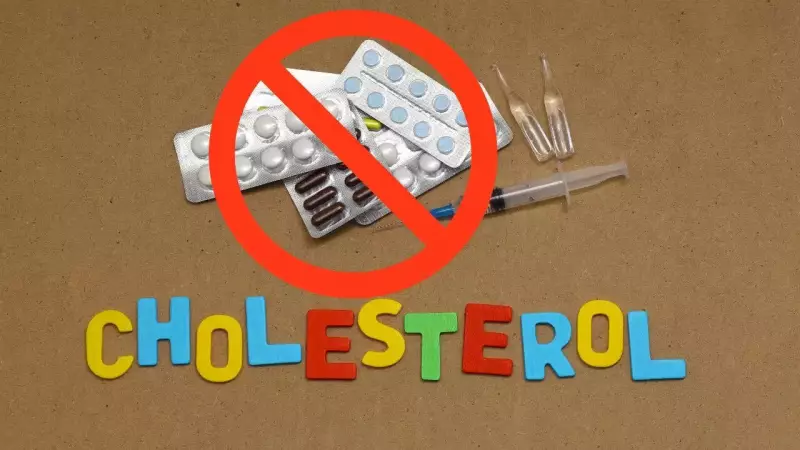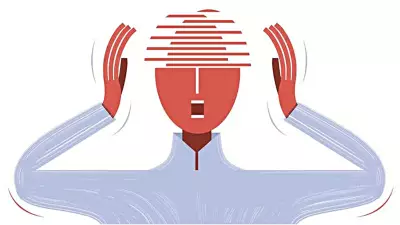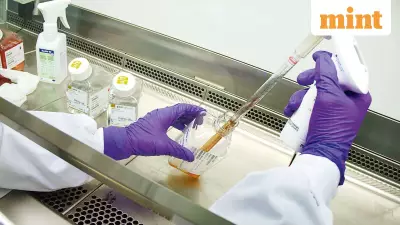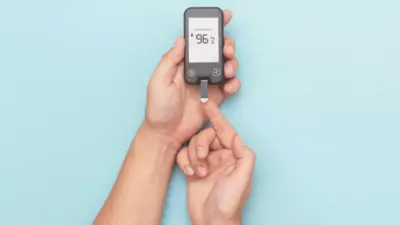
In a significant development that affects millions of Indians managing high cholesterol, health authorities have issued a massive recall of Atorvastatin, one of the country's most prescribed cholesterol-lowering medications. This urgent action has sent shockwaves through the medical community and among patients dependent on these drugs for cardiovascular health.
Why This Recall Demands Your Immediate Attention
The recall stems from critical safety concerns identified in specific batches of Atorvastatin tablets. Regulatory bodies discovered potential contamination issues that could compromise the drug's effectiveness and patient safety. For the millions of Indians relying on this medication to control cholesterol levels and prevent heart complications, this isn't just news—it's a potential health emergency.
What You Must Do Immediately
If you're currently taking Atorvastatin:
- Don't panic and don't stop your medication abruptly - Suddenly discontinuing cholesterol drugs can be dangerous
- Check your medication packaging for batch numbers and manufacturing details
- Contact your prescribing doctor immediately for guidance on alternative medications
- Verify with your pharmacist whether your specific batch is affected
- Monitor for unusual symptoms and report any concerns to your healthcare provider
The Bigger Picture: Cholesterol Management in India
This recall highlights the critical importance of medication safety in a country where cardiovascular diseases have reached epidemic proportions. With India witnessing a dramatic rise in heart-related conditions, cholesterol management drugs like Atorvastatin have become essential lifelines for countless patients.
The incident also underscores the need for robust pharmaceutical monitoring systems and transparent communication between drug manufacturers, regulators, and the public. As investigations continue, health authorities are working to ensure alternative medications remain available to prevent treatment interruptions.
Looking Ahead: What This Means for Indian Patients
While drug recalls can be alarming, they demonstrate that safety monitoring systems are functioning as intended. The rapid response from health authorities shows commitment to protecting public health. However, it also serves as a reminder for patients to maintain regular communication with their healthcare providers and stay informed about their medications.
As the situation develops, patients are advised to rely on official sources for information and follow medical guidance rather than making independent decisions about their treatment regimens.





